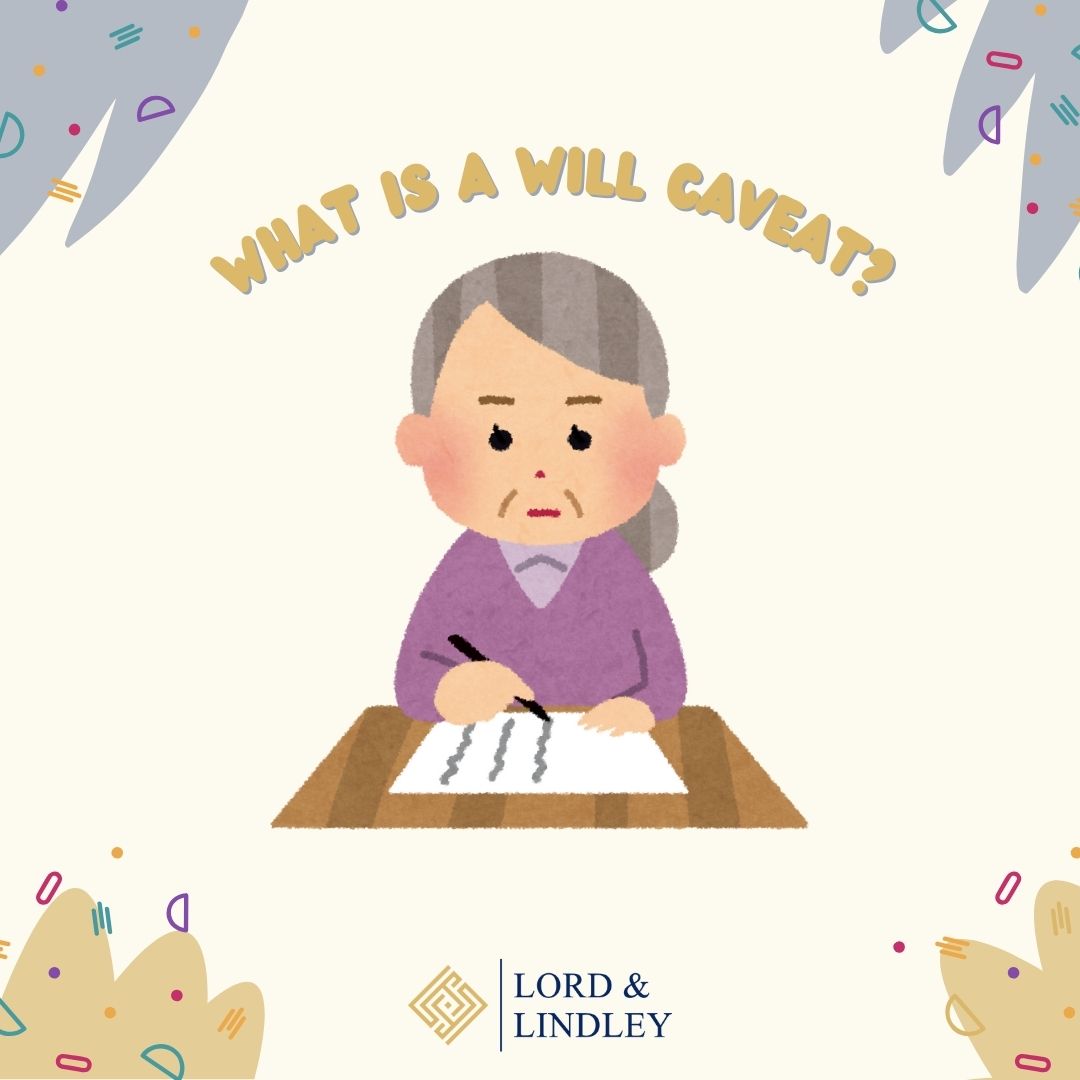
Will caveats can complicate the estate administration process in North Carolina by challenging the validity of the Will. The caveat effectively stops the Will administration until the issue is resolved. A caveat is filed to attempt to safeguard the deceased person’s true intentions and ensure their assets are distributed according to their genuine wishes.
Any person with beneficial interest in the estate can file a caveat, but they must have the proper grounds to do so. Lack of appropriate mental capacity, undue pressure, or failure to follow proper legal protocols are all valid grounds for filing a caveat. The caveat filing can be initiated before or after the Will has been submitted for probate but must generally be filed within three years of the date of probate.
Caveats can be resolved through either a settlement, trial, or dismissal. If the issue goes to trial, the person who filed the caveat (the one saying the Will is wrong) needs to show that it’s more likely than not that the Will is invalid. In many cases, the caveator presents a separate document to be the deceased’s Will and a jury decides which Will, if either, should be honored.
The attorneys at Lord & Lindley have significant experience dealing with will caveats. If you need assistance maintaining or defending a matter regarding a will, please give us a call at 704-457-1010 to find out how we may be able to help you. For more information regarding our firm, attorneys, and practice areas, please visit our website at www.lordlindley.com.
